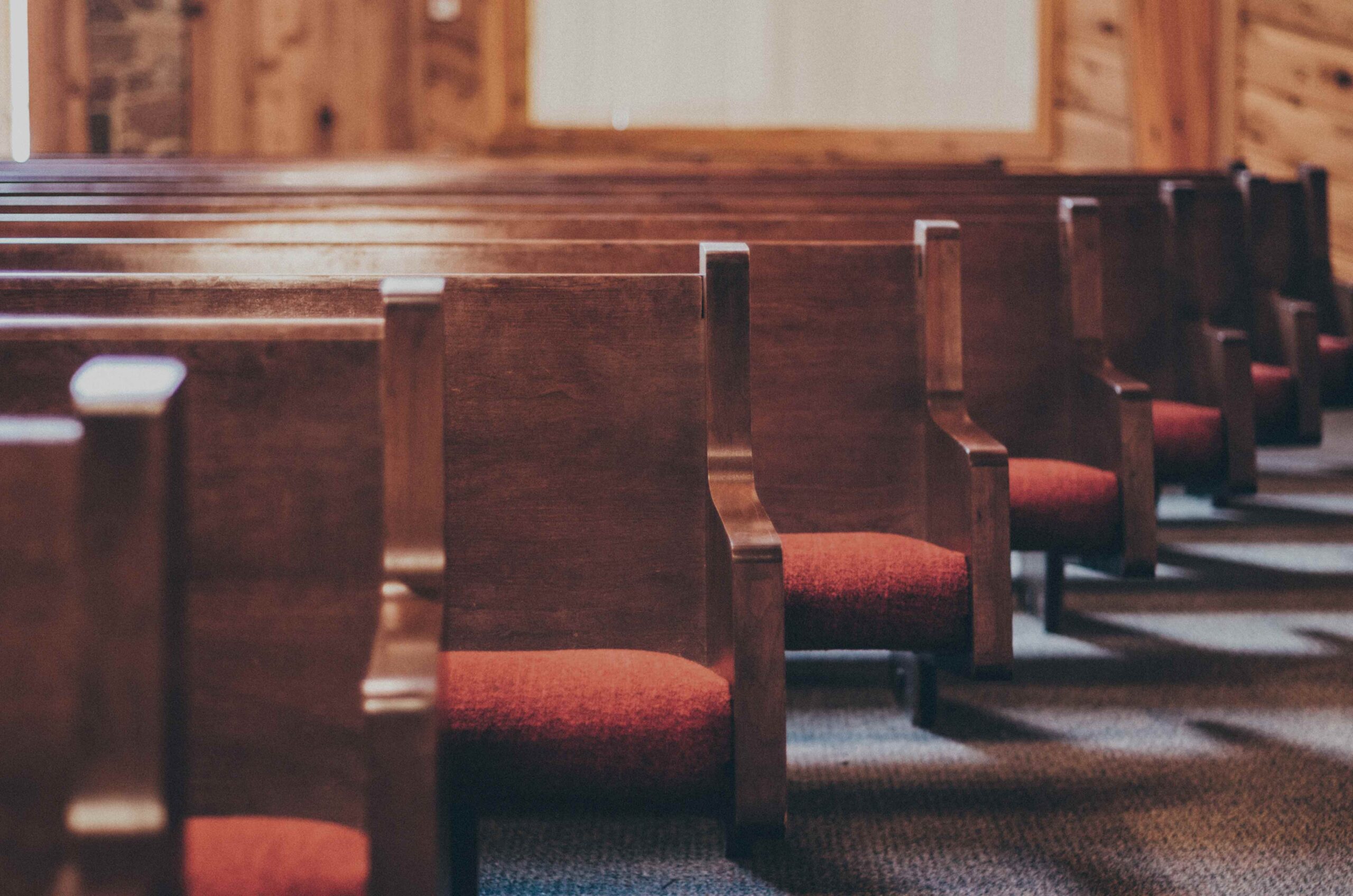Speak Words That Are Fitting
CHRISTINA FOX | EDITOR Have you ever gone through a hard season, and someone said something with the intention of making you feel better, but it only made you feel worse? Perhaps you just learned shocking news that brought you to your knees and a friend said, “God will work this out for your good.” Or maybe you just experienced a significant loss, and someone said, “Everything is going to be okay.” Or you faced a very real fear, and someone said, “Don’t worry about it. You just need to trust in God.” Suffering is uncomfortable—certainly for the person enduring it, but also for those who witness it. We can feel uncomfortable with a friend’s expressions of grief or anger or agony, so we may say things to her to cheer her up or calm her down that does the opposite of what we intend—our words hurt rather than heal. We may even say things that are ultimately true but said at the wrong time. A friend once said to me that when he is suffering, he wants friends who did as Job’s friends did—but only in those first seven days when they sat in the dust and ashes with him and said not a word (Job 2:13). Because Words Matter Proverbs 25:11 says, “A word fitly spoken is like apples of gold in a setting of silver.” What we say really does matter. This is true not only in times of suffering but also when a friend voices a problem she is experiencing at work or a dilemma she faces in her parenting or doubts she faces in her faith. It’s important that we pause and take time to consider what is truly helpful and what meets her heart’s need in that moment. What words will encourage her? What words will remind her what is true? What words will equip her to live for God and His glory? As we speak to our friend, we need to be mindful of how we speak...










